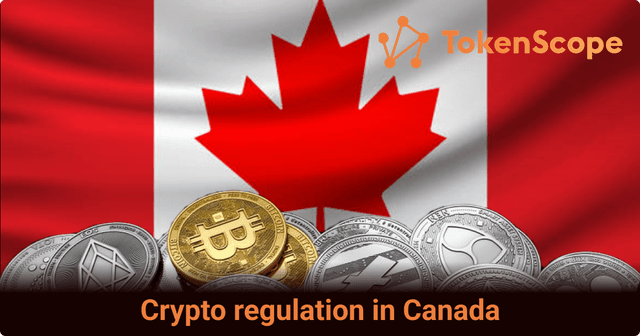Crypto regulation in the world: weekly digest #66

The EU
The European Securities and Markets Authority (ESMA) has released a report titled «Decentralised Finance: A categorisation of smart contracts». The report provides a methodology for categorizing smart contracts and defines five major categories: financial, operational, token, wallet, and infrastructure.
The report aims to enhance the understanding of DeFi and identify related significant risks. Smart contracts are computer programs stored on the blockchain and run when predetermined conditions are met. They are designed to facilitate financial transactions among blockchain users, without the need for trusted intermediaries that characterizes traditional finance.
The given categorization aims to help regulators understand the «enormous technical complexity» of smart contracts. The report also notes that DeFi operates without trusted intermediaries and raises concerns about the prevalent «code is law» principle. The ESMA claims that this principle has permeated existing DeFi governance, and adherence to it can lead to a tendency to accept smart contract outcomes «without considering any moral or legal considerations».
The report emphasizes the intricate web of smart contracts in the DeFi ecosystem, and with these contracts being interdependent, a singular disruption can ripple across the system, resulting in unforeseen consequences. This interconnectedness leads to complexity, fragility, and potential contagion, aspects that regulators cannot ignore. Therefore, ESMA's categorization of smart contracts can help regulators monitor and evaluate the risks to investors and financial stability stemming from DeFi.
As we wrote earlier, last week ESMA had published a consultation paper on the MiCA regulation.
Hong Kong
Hong Kong has suspended retail trading of stablecoins due to the absence of specific regulations governing stablecoin transactions. The Secretary for Financial Services and the Treasury, Hui Ching-yu, clarified that the city's stance on stablecoins is driven by the need to establish regulatory frameworks. Hong Kong's regulatory authorities are considering the possibility of allowing retail trading of stablecoins once comprehensive regulatory guidelines are in place. The primary objective is to ensure transparency, stability, and the protection of investors' rights in the burgeoning digital asset market.
Retail trading of stablecoins will not be allowed until Hong Kong officially regulates stablecoins. The regulatory authorities are committed to introducing new regulations for stablecoins by 2024.
Cyprus
Cyprus is considering a stricter approach to regulating the crypto sector by imposing harsh penalties on crypto service providers (CSPs) who fail to register with the Cyprus Securities and Exchange Commission (CySEC). The proposed amendment seeks to bring Cyprus in line with international standards for AML/CFT set by the Financial Action Task Force (FATF).
The amendments highlight that every crypto asset service provider should register itself with the financial regulator, the Cyprus Securities and Exchange Commission (CySEC). Failure to comply will result in penalties ranging from fines of up to €350,000 to imprisonment of up to five years or a combination of both. The proposed amendment mandates that crypto service providers register with CySEC.
The Cyprus Bar Association has expressed reservations about the amendments, especially regarding the obligation for crypto service providers with acting licenses from other European countries to register with the CySEC. The Finance Ministry highlighted that under the European Union’s single market framework, the primary responsibility for monitoring crypto entities lies with the state where they are registere.
News from other countries:
-
The U.S. SEC will not appeal a recent court ruling that found it was wrong to reject an application from Grayscale Investments to create a spot bitcoin exchange-traded fund (ETF).
-
Mastercard in a partnership with the Reserve Bank of Australia announced interoperable CBDC for trusted Web3 commerce. The solution enables CBDC to be tokenized (or wrapped) into diverse open blockchains like Ethereum.
-
The meeting of the G20 Finance Ministers and Central Bank Governors has adopted the G20 Roadmap on crypto assets. This detailed and action-oriented roadmap will help coordinate global policy as well as develop mitigating strategies and regulations on crypto assets while also taking into consideration the specific implications on Emerging Markets and Developing Economies.
We continue to highlight the news of the world of crypto regulation worldwide. Please stay with us!




